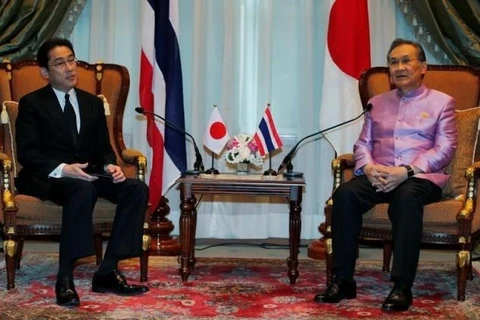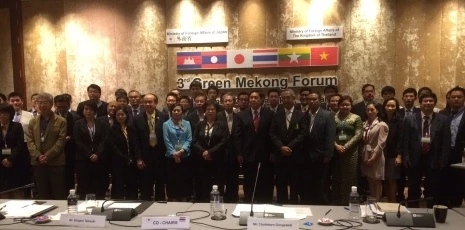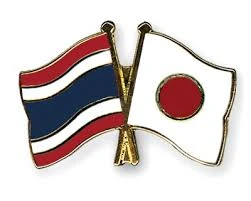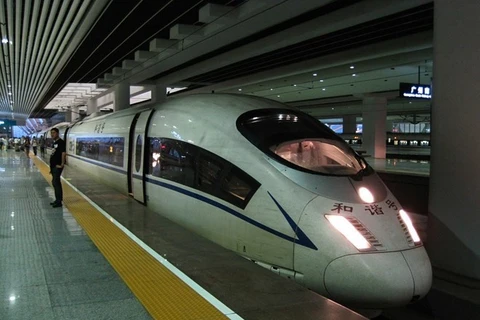Bangkok (VNA) – Thailand and Japan will join hands to develop the skills of workers at all levels to create a high-quality workforce in order to accommodate for the Automotive Industry 4.0 era.
Director General Theeraphol Khunmuang of the Skill Development Department under the Thai Ministry of Labour said that the country will ask the Ministry of Public Health, Labour and Social Welfare of Japan to send experts and co-organise two training courses during late August and November.
The target groups are officials from the Skill Development Department and members of the private sector.
The training course will create a transparent test circuit for technicians, engineers and technical students and push the Automotive Industry into the 4.0 era, which has been a key goal of the Thai government.
During the past decade, the Department of Skill Development of Thailand and the Ministry of Public Health, Labor and Social Welfare of Japan have constantly cooperated with each other to promote the skill assessment system and create an advanced workforce in Thailand.-VNA
VNA
























